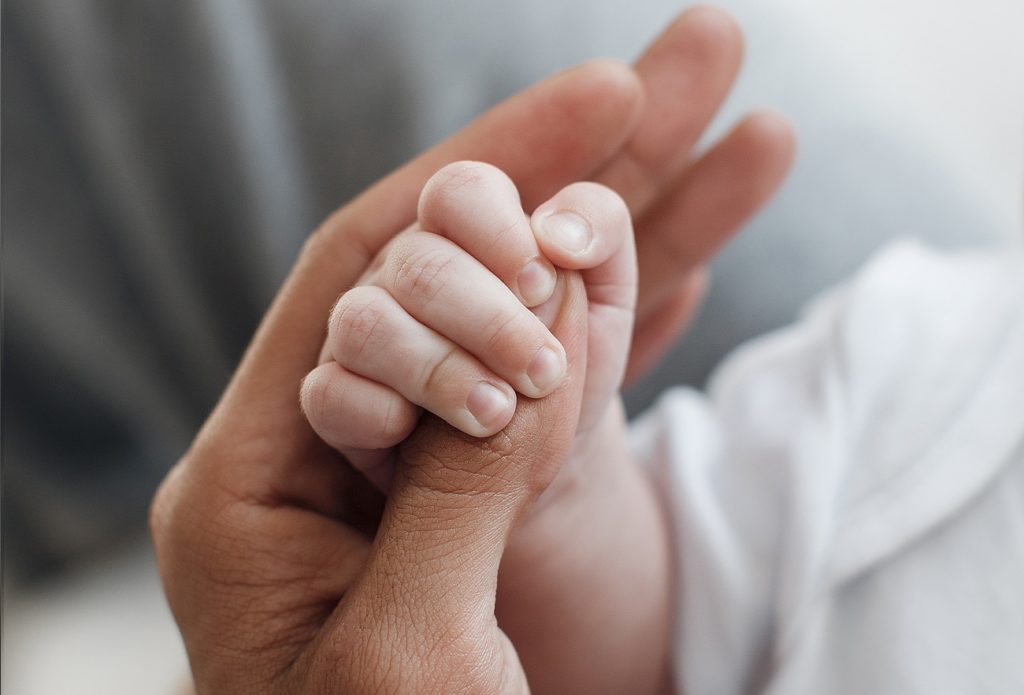- The Polish Constitutional Tribunal struck down eugenic abortion on the basis of disability in 2020; Now, Europe’s highest court rules against the Tribunal rather than affirming protections for disabled unborn life
- Court hands down judgment in A. R. v. Poland, breaches state sovereignty by ruling against protections for unborn life
- ADF International intervened in the case

Strasbourg (14 November 2025) – The European Court of Human Rights has ruled against Poland following a challenge brought by a woman who had travelled abroad for an abortion after the country’s Constitutional Tribunal struck down eugenic abortion in 2020. That landmark national decision affirmed that unborn children with disabilities deserve equal protection under the law and recognized the inherent dignity of every human being. Now, Europe’s highest court has ruled against Poland in the case of A.R. v. Poland, finding a violation of Article 8 of the European Convention on Human Rights, which protects the right to private and family life. The judgment follows the Court’s earlier decision in M.L. v. Poland (2023). In both cases, the Court stopped short of affirming any false right to abortion. Instead, it criticised Poland for how the 2020 Constitutional Tribunal ruling, which ended abortion on the grounds of disability, was introduced, calling the change too abrupt and unclear.
“The European Court should uphold, not undermine, the fundamental right to life, and this ruling severely undermines the right to life of the disabled unborn. No baby should suffer life-ending discrimination in the womb.”
-Dr. Felix Böllmann, Director of European Advocacy for ADF International
Court Oversteps Democratic Boundaries
The legal advocacy organization intervened in the case arguing that States may, through their domestic legal framework, protect unborn children with a life-limiting condition or disability from discriminatory abortion.
“With this judgment the European Court of Human Rights has interfered in a matter that belongs squarely under Polish jurisdiction. Poland has both the sovereign prerogative and the duty to protect all innocent human life. Poland’s Constitutional Tribunal acted courageously to protect children with disabilities from discrimination before birth—a goal fully consistent with international human rights law,” said Böllmann.
The principle of subsidiarity, a cornerstone of the Convention system, requires the Court to appreciate national constitutional processes and cultural values, especially in areas involving ethical and moral debate.
M.L. v Poland
In M.L. v. Poland, decided by the European Court of Human Rights in December 2023, the Court held that Poland violated Article 8 of the European Convention on Human Rights (right to respect for private and family life). The applicant, who was pregnant with a baby diagnosed with a severe fetal abnormality, had been legally entitled to an abortion under Polish law until the Polish Constitutional Court’s ruling in 2020 struck down that ground for abortion. Consequently, she traveled abroad for the abortion. The European Court of Human Rights found that this interference with her private life was not “in accordance with the law,” since the Constitutional Court’s bench had been improperly constituted and therefore lacked legitimacy under the rule of law. The Court did not find a violation of Article 3 (inhuman or degrading treatment) and declined to rule separately under Article 6 (fair trial).
Like M.L. v. Poland, today’s judgment focuses on procedural matters, such as how the law changed and whether people could foresee it.
Calls for Reform Within the Court Itself
The Court itself, through the Council of Europe and member governments of the Convention system, has openly signaled that change may be required. In May 2025, nine EU countries—Austria, Belgium, the Czech Republic, Denmark, Estonia, Italy, Latvia, Lithuania, and Poland—signed a joint letter urging an “open-minded conversation” about how the Convention is interpreted. They warned that the system may have drifted too far from national democratic decisions. These countries observed that the Convention system may have drifted from the democratic will and margin of appreciation of sovereign states, prompting calls for review and reform of the Strasbourg machinery.
“This judgment sends a troubling signal that the Court is again willing to overstep its role. The Court should return to its original mission of protecting genuine human rights, not inventing false ones,” Böllmann continued.
ADF International calls on European institutions to reaffirm their commitment to the protection of life and the rights of nations to legislate in accordance with their own constitutional and moral frameworks.


